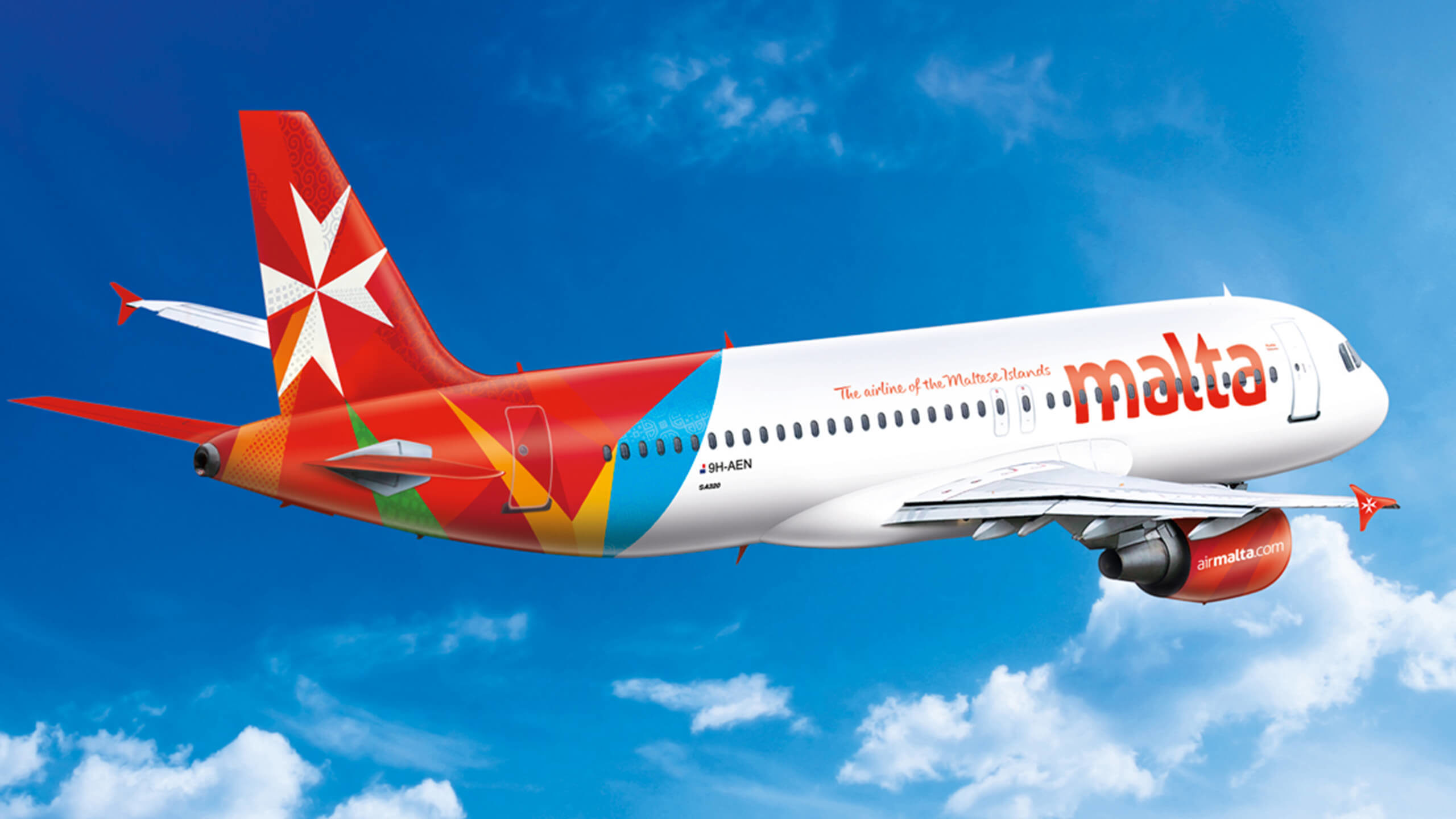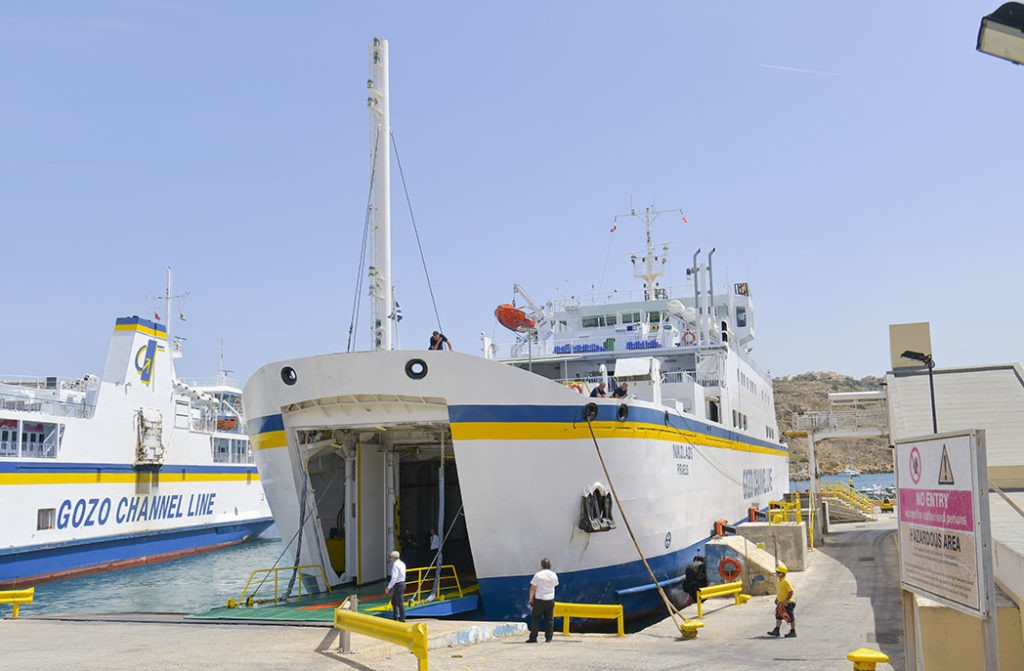The Maltese national flag carrier has come out against a plan to raise taxes on aviation fuels for intra-EU flights, saying that it will have a negative impact on peripheral islands, like Malta, which are dependent on air connections.
Air Malta, Times of Malta reports, warned that the plan to progressively increase aviation fuel tax by 10 per cent every year, currently being considered by the European Union, would “undermine” the Maltese economy and raise costs considerably, a well as distort competition between carriers serving different markets.
It also warned that the tax hike would not have the desired effect of encouraging a modal shift in transport.
Malta joins Cyprus and the Republic of Ireland in resisting the proposal, which need to be unanimously approved by all EU countries to come into force.
The tax, as currently designed, will start at zero per cent in 2023 and reach 100 per cent over 10 years of regular increases. Sustainable Aviation Fuels (SAFs) would be taxed at zero per cent over the same period to encourage their uptake.
Air Malta pointed out that it is committed to achieving net-zero carbon emissions from its operations by 2050, with a fleet renewal started in 2018 and envisaged to end in 2024 leaving it with an fleet entirely composed of Airbus A320neo, significantly reducing fuel consumption, CO2 emissions and noise.
The airline insisted, however, that aviation fuel should remain outside the scope of the Energy Tax Directive.
“The existing proposal, if approved, will increase today’s fuel price by around 90 per cent by 2033. Air Malta operates to and from Malta, a small island member sltate on the periphery of the EU, that is dependent on air transport for the free movement of its people to the rest of the EU. A tax on aviation fuel will not result in a modal shift to another mode of transport but will merely have a negative impact on the Maltese Island’s economic and social cohesion while isolating the Islands,” it said.
“As a peripheral country that is highly dependent on tourism, the imposition of a tax on aviation fuel will effectively lead to destination Malta losing out to other neighbouring leisure destinations outside the EU.”
It also pointed out that the imposition of the fuel tax on intra-EU flights only would lead to serious distortion of competition among carriers which serve the intra-EU market only, those which serve a mixture of the intra-EU market and EU to extra-EU market.
“Very hard hit will be the regional carriers, such as Air Malta, which provide the critical connectivity from the peripheries, outermost regions, islands, and small island member states to mainland Europe where they feed into the larger hubs to enable passengers to reach their destination or connect to the rest of the world. The extra costs will have a ripple effect on the economies of these territories which are highly dependent on air transport for their connectivity,” it said.
The airline insisted that the EU should instead focus on promoting sustainable aviation fuels, emissions-reducing investments in fleet renewal and clean technologies.
Passenger traffic between Malta and Gozo grew by nearly 8% in Q2 2025
Vehicle crossings and fast ferry usage also surged
New Malta-backed incubator to fuel Europe’s semiconductor startups
The ChipStart EU program provides a one-year, no-cost incubation opportunity for semiconductor startups in the European Economic Area
Government renews scholarship scheme for tech postgrads
In 2024 the Pathfinder Digital Scholarship issued €125,000 in funding, supporting 13 Master’s and 3 PhD students






